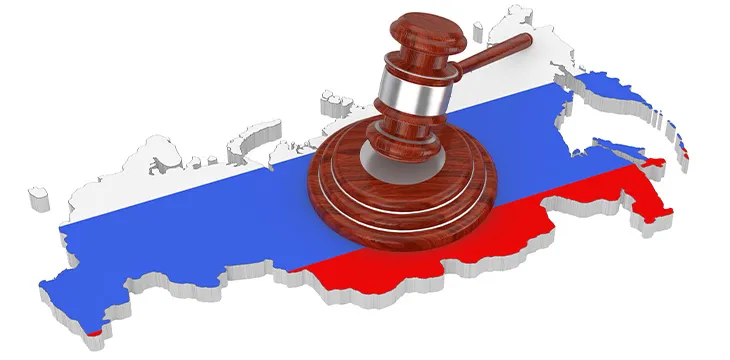|
Getting your Trinity Audio player ready...
|
Russia’s cryptocurrency sector has given up waiting for legal certainty and taken regulation into its own hands, following the decision of an industry body to establish an arbitration body.
The Russian Union of Industrialists and Entrepreneurs, which lobbies on behalf of cryptocurrency regulation and better infrastructure for the fintech sectors, said it was establishing the arbitration body to handle disputes arising from cryptocurrency transactions, smart contracts and token sales, according to local media reports.
The arbitration body will also have a wider remit, extending to disputes across the ‘digital economy’, pitched as a solution to the broad lack of regulation around these new and emerging industries.
The body has already invited experts and academics from relevant fields to get involved, in a bid to secure the expertise required to effectively adjudicate on crypto disputes.
At the moment, investors in cryptocurrency are unprotected by Russian law, which has now legal mechanisms for enforcing property rights within the digital economy—largely as a result of legal provisions that are far out of date and ill-equipped to handle disputes arising in these cases.
Russian courts are already reported to be struggling with the volume of cryptocurrency disputes, which consistently prove to be challenging and often expensive cases to hear.
It is expected that the ICO boom will eventually filter through into even more litigation, raising fears from within the cryptocurrency sector that the civil court system is running the serious risk of overwhelm.
The new arbitration panel, which aims to provide an alternative mechanism for resolving these disputes, is expected to convene for the first time in early 2019.
As it stands, cryptocurrency transactions and businesses in Russia are subject to somewhat unclear legal treatment, with often contradictory rulings from domestic courts and dictates from the government, officials and industry representatives.
While the arbitration panel will do nothing to address these fundamental issues with current laws, it is hoped that it can at least provide a formal channel for parties to resolve disputes arising from their dealings in cryptocurrencies.

 07-13-2025
07-13-2025 





